
Check out these new nonfiction titles that are on their way to Homewood Public Library!
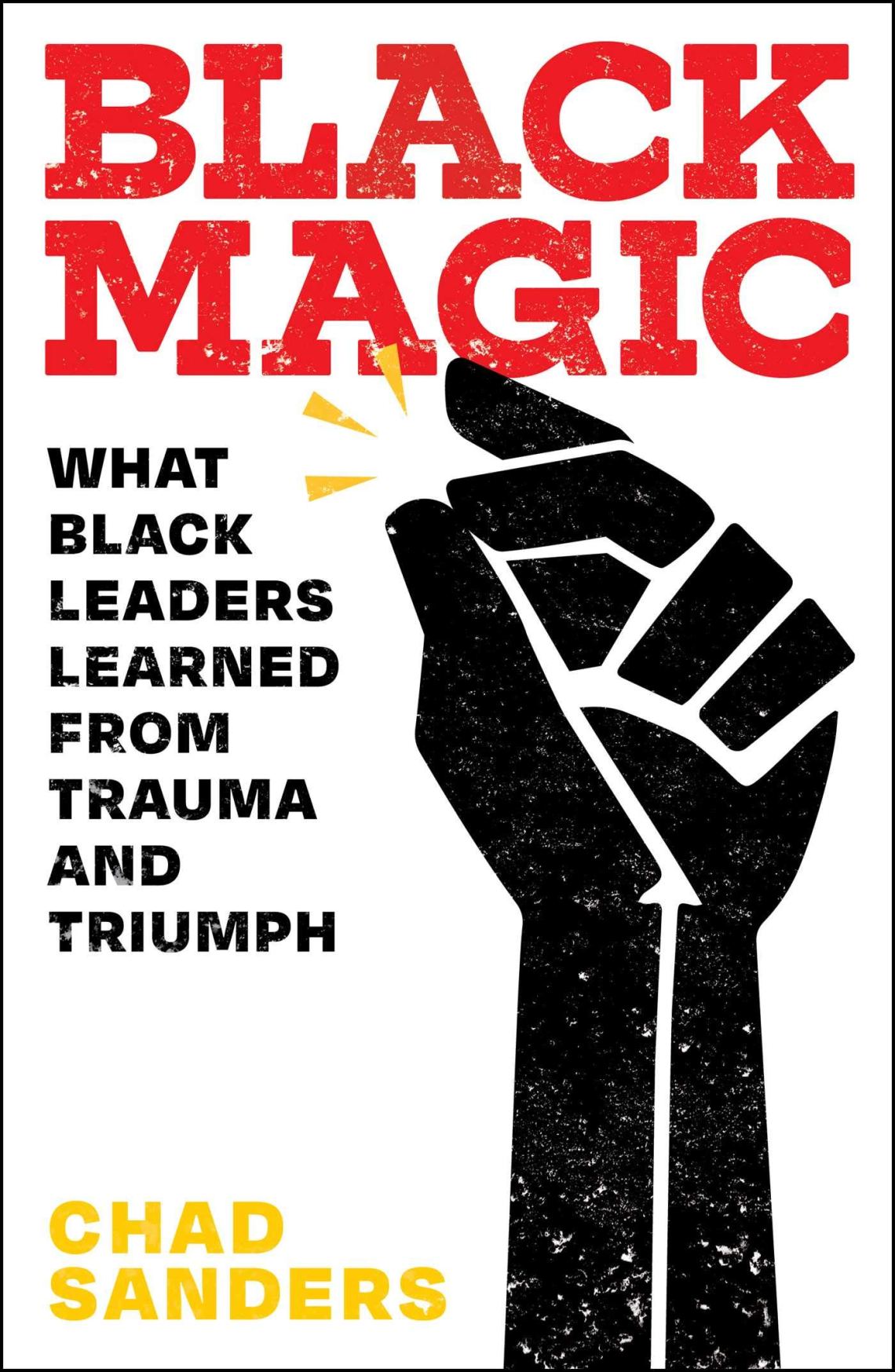
Black Magic: What Black Leaders Learned from Trauma and Triumph
by Chad Sanders
When Chad Sanders landed his first job in lily white Silicon Valley, he quickly concluded that to be successful at work meant playing a certain social game. And while he finally felt included, he felt awful. So he decided to give up the charade. He reverted back to the methods he learned at the dinner table, or at the Black Baptist church where he’d been raised, or at the concrete basketball courts, barbershops, and summertime cookouts. And it paid off. Chad began to land more exciting projects. He earned the respect of his colleagues. Accounting for this turnaround, Chad believes, was something he calls Black Magic, namely resilience, creativity, and confidence forged in his experience navigating America as a Black man. In moving essays, Chad dives into his formative experiences to see if they might offer the possibility of discovering or honing this skill. He tests his theory by interviewing Black leaders across industries to get their take on Black Magic. The result is a revelatory and very necessary book.
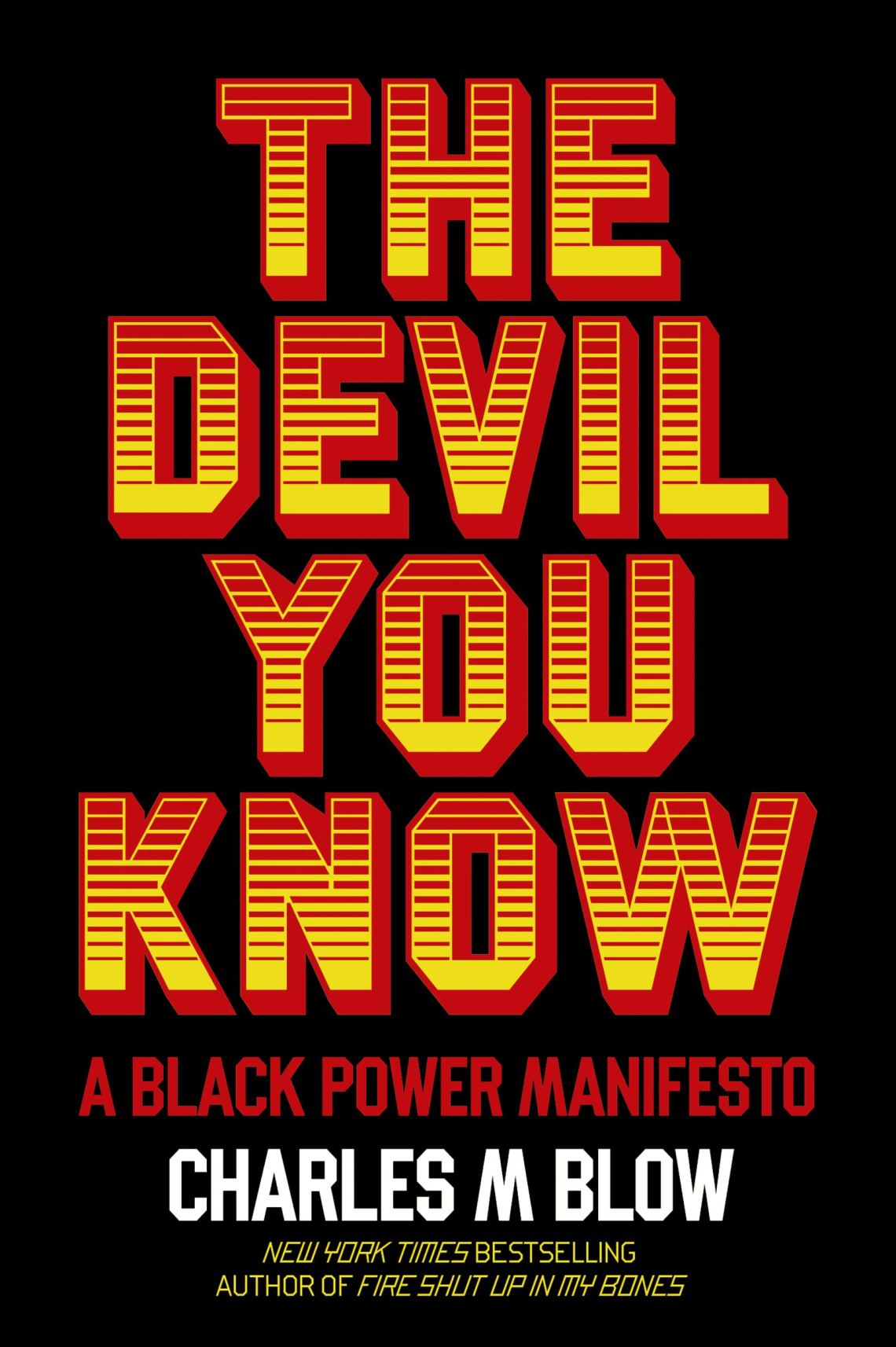
The Devil You Know: A Black Power Manifesto
by Charles Brow
Acclaimed columnist and author Charles Blow never wanted to write a “race book.” But as violence against Black people—both physical and psychological—seemed only to increase in recent years, culminating in the historic pandemic and protests of the summer of 2020, he felt compelled to write a new story for Black Americans. He envisioned a succinct, counterintuitive, and impassioned corrective to the myths that have for too long governed our thinking about race and geography in America. Drawing on both political observations and personal experience as a Black son of the South, Charles set out to offer a call to action by which Black people can finally achieve equality, on their own terms.
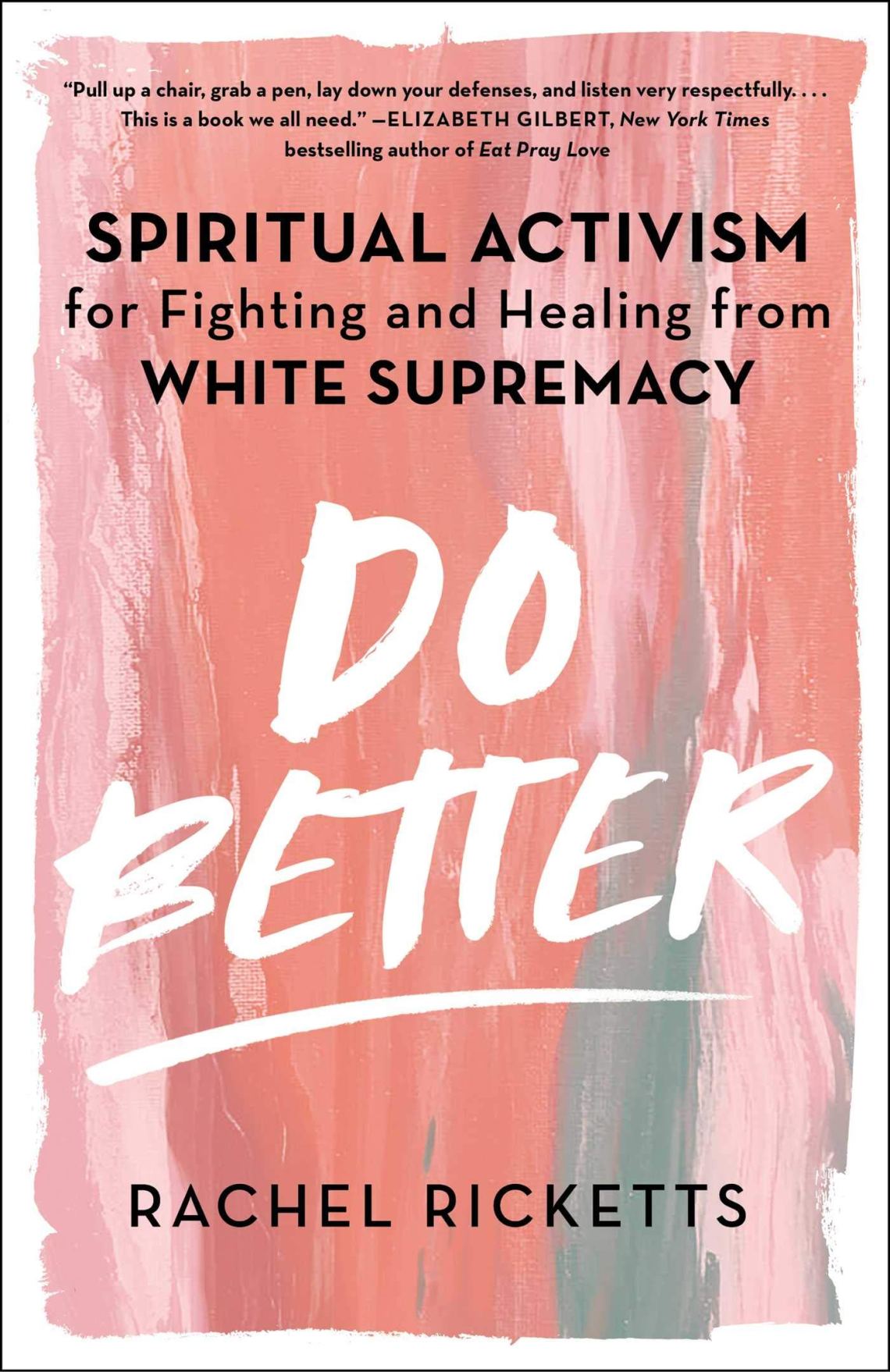
Do Better: Spiritual Activism for Fighting and Healing from White Supremacy
by Rachel Rioketts
Do Better is a revolutionary offering that addresses anti-racism from a comprehensive, intersectional, and spiritually-aligned perspective. This actionable guidebook illustrates how to engage in the heart-centered and mindfulness-based practices that racial justice educator and healer Rachel Ricketts has developed to fight white supremacy from the inside out, in our personal lives and communities alike. It is a loving and assertive call to do the deep—and often uncomfortable—inner work that precipitates much-needed external and global change. Culturally informed, secular spiritual exercises, such as guided meditations, transformative breathwork, and journaling prompt unpack our privilege, and take up the ongoing fight against oppression, while transforming our own lives along the way.
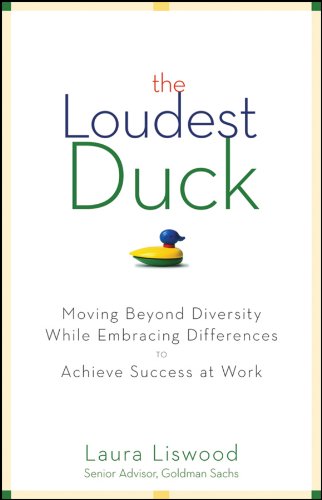
The Loudest Duck: Moving Beyond Diversity While Embracing Differences to Achieve Success at Work
by Laura Liswood
Written in an accessible style, The Loudest Duck is a business fable that offers an alternate view of a multicultural workplace through the use of practical stories and cultural anecdotes. For instance, the Chinese teach their children, “The loudest duck gets shot,” a viewpoint that gets carried into adulthood, while many Americans are taught, “The squeaky wheel gets the grease.” As a result, you find two distinct ways of doing business, neither one being necessarily the right or better way. By understanding others’ viewpoint, you can understand how better to work with them.

Mindful of Race: Transforming Racism from the Inside Out
by Ruth King
Drawing on her expertise as a meditation teacher and diversity consultant, King helps readers of all backgrounds examine with fresh eyes the complexity of racial identity and the dynamics of oppression. She offers guided instructions on how to work with our own role in the story of race and shows us how to cultivate a culture of care to come to a place of greater clarity and compassion.
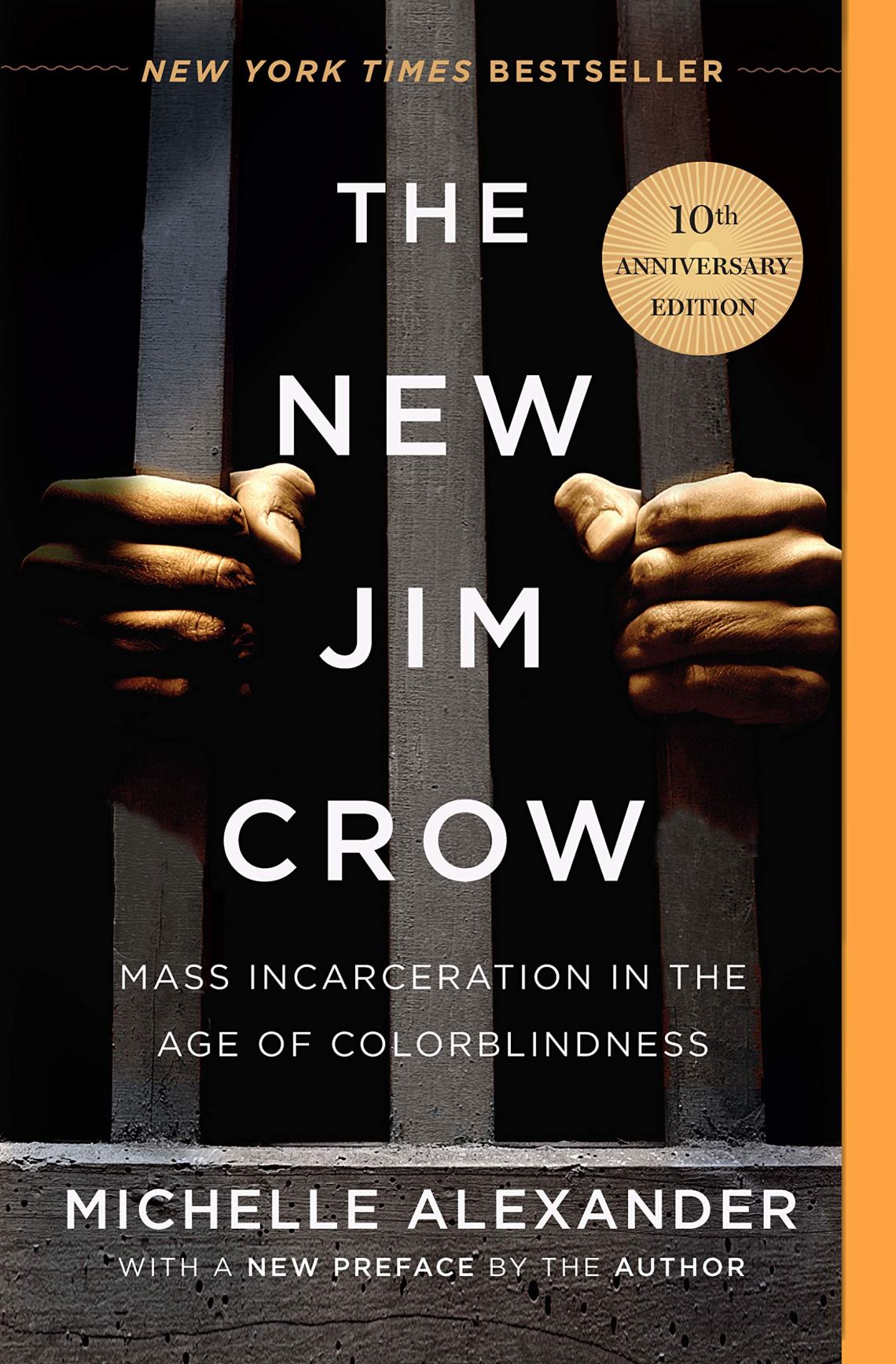
The New Jim Crow (Mass Incarceration in the Age of Colorblindness – 10th Anniversary Addition)
by Michelle Alexander
Since this book was first published in 2010, it has been cited in judicial decisions and has been adopted in campus-wide and community-wide reads; it helped inspire the creation of the Marshall Project and the new $100 million Art for Justice Fund; it has been the winner of numerous prizes, including the prestigious NAACP Image Award. Now, ten years after it was first published, The New Press is proud to issue a tenth-anniversary edition with a new preface by Michelle Alexander that discusses the impact the book has had and the state of the criminal justice reform movement today.
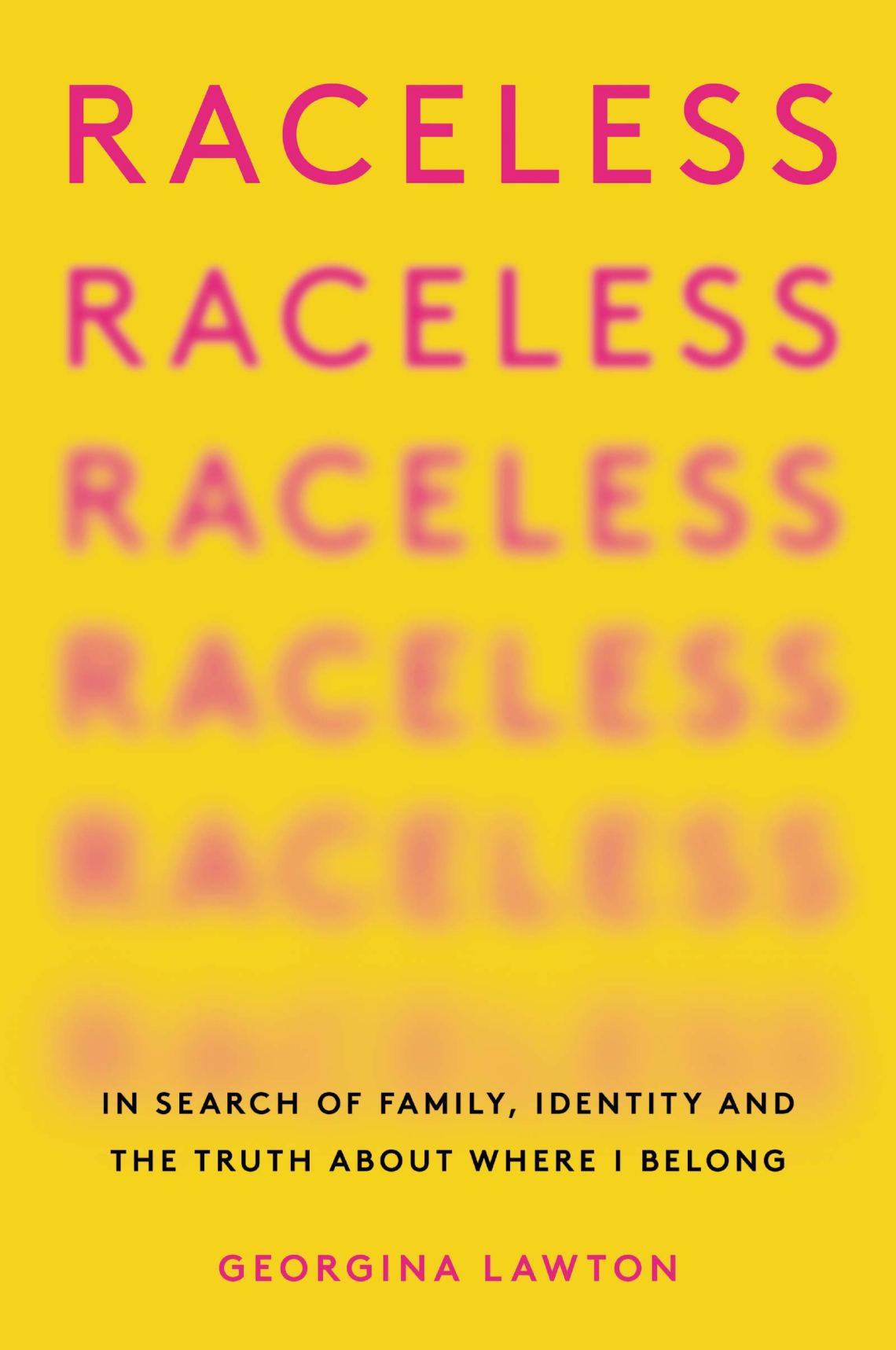
Raceless: In Search of Family, Identity, and the Truth About Where I Belong
by Georgina Lawton
Raised in sleepy English suburbia, Georgina Lawton was no stranger to homogeneity. Her parents were white; her friends were white; there was no reason for her to think she was any different. But over time her brown skin and dark, kinky hair frequently made her a target of prejudice. In Georgina’s insistently color-blind household, with no acknowledgement of her difference or access to black culture, she lacked the coordinates to make sense of who she was. She fled from England and the turmoil of her home-life to live in black communities around the globe—the US, the UK, Nicaragua, Cuba, the Dominican Republic, Vietnam, and Morocco—and to explore her identity and what it meant to live in and navigate the world as a black woman. She spoke with psychologists, sociologists, experts in genetic testing, and other individuals whose experiences of racial identity have been fraught or questioned in the hopes of understanding how, exactly, we identify ourselves.
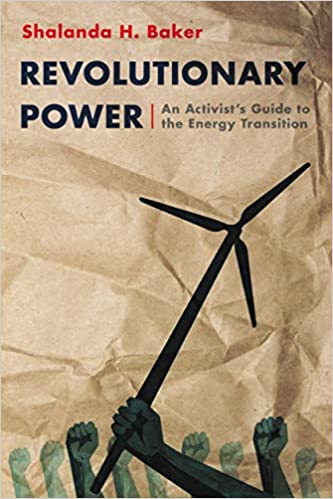
Revolutionary Power: An Activist’s Guide to the Energy Transition
by Shalanda Baker
In September 2017, Hurricane Maria hit Puerto Rico, completely upending the energy grid of the small island. The nearly year-long power outage that followed vividly shows how the new climate reality intersects with race and access to energy. The island is home to brown and black US citizens who lack the political power of those living in the continental US. As the world continues to warm and storms like Maria become more commonplace, it is critical that we rethink our current energy system to enable reliable, locally produced, and locally controlled energy without replicating the current structures of power and control. In Revolutionary Power, Shalanda Baker arms those made most vulnerable by our current energy system with the tools they need to remake the system in the service of their humanity. She argues that people of color, poor people, and indigenous people must engage in the creation of the new energy system in order to upend the unequal power dynamics of the current system.
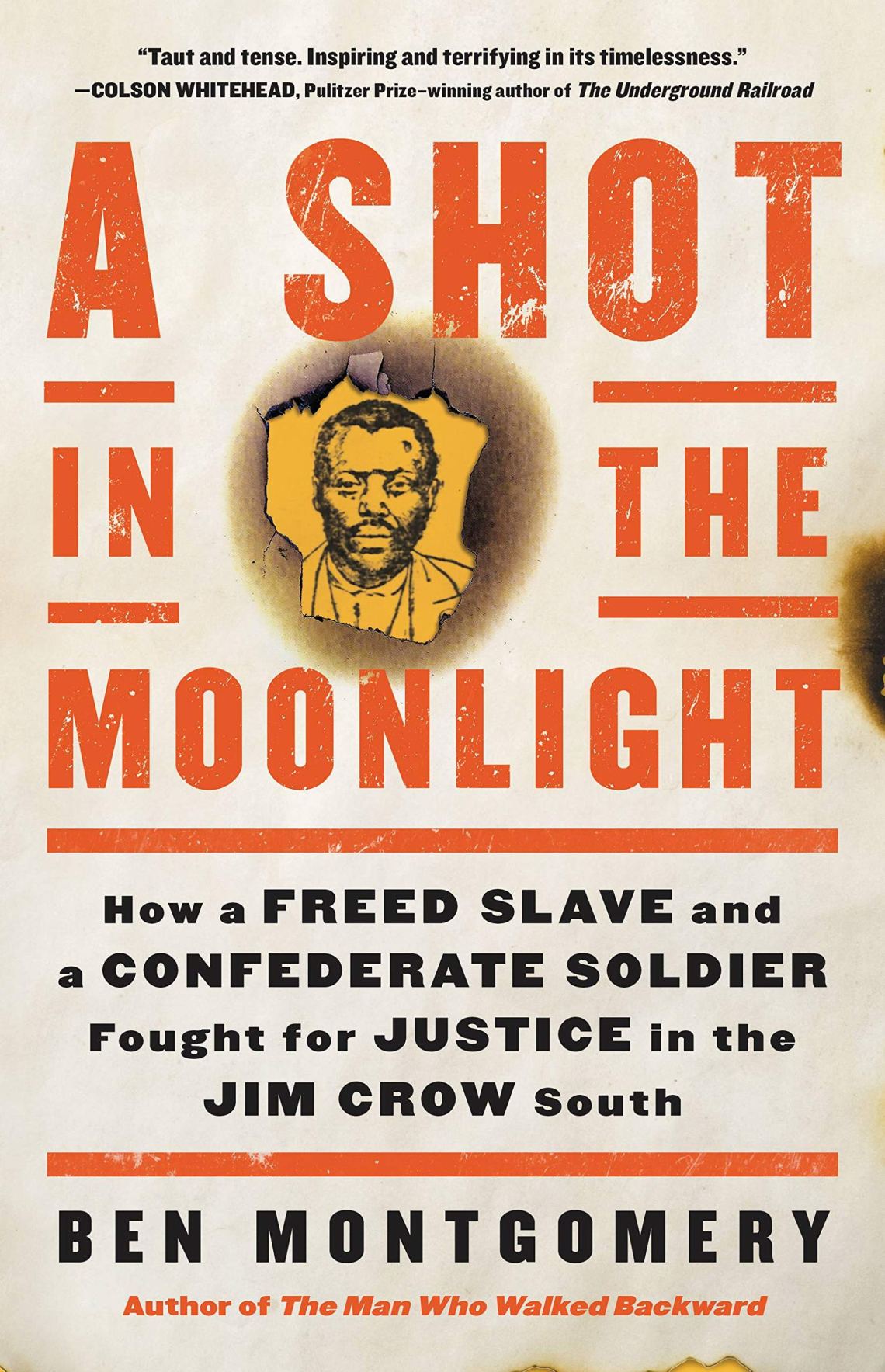
A Shot in the Moonlight: How a Freed Slave and a Confederate Soldier Fought for Justice in the Jim Crow South
by Ben Montgomery
After moonrise on the cold night of January 21, 1897, a mob of twenty-five white men gathered in a patch of woods near Big Road in southwestern Simpson County, Kentucky. Half carried rifles and shotguns, and a few tucked pistols in their pants. Their target was George Dinning, a freed slave who’d farmed peacefully in the area for 14 years, and who had been wrongfully accused of stealing livestock from a neighboring farm. When the mob began firing through the doors and windows of Dinning’s home, he fired back in self-defense, shooting and killing the son of a wealthy Kentucky family. So began one of the strangest legal episodes in American history — one that ended with Dinning becoming the first Black man in America to win damages after a wrongful murder conviction. Drawing on a wealth of never-before-published material, bestselling author and Pulitzer Prize finalist Ben Montgomery resurrects this dramatic but largely forgotten story, and the unusual convergence of characters — among them a Confederate war hero-turned-lawyer named Bennett H. Young, Kentucky governor William O’Connell Bradley, and George Dinning himself — that allowed this unlikely story of justice to unfold in a time and place where justice was all too rare.
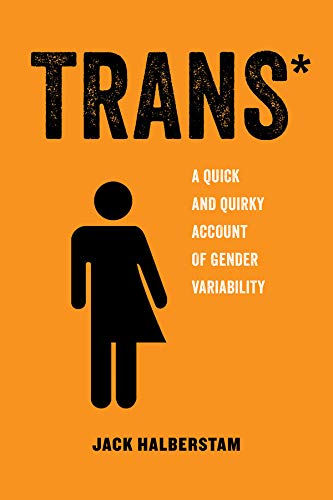
Trans: A Quick and Quirky Account of Gender Variability, Vol. 3
by Jack Halberstam
In the last decade, public discussions of transgender issues have increased exponentially. However, with this increased visibility has come not just power, but regulation, both in favor of and against trans people. What was once regarded as an unusual or even unfortunate disorder has become an accepted articulation of gendered embodiment as well as a new site for political activism and political recognition. What happened in the last few decades to prompt such an extensive rethinking of our understanding of gendered embodiment? How did a stigmatized identity become so central to U.S. and European articulations of self? And how have people responded to the new definitions and understanding of sex and the gendered body? In Trans*, Jack Halberstam explores these recent shifts in the meaning of the gendered body and representation, and explores the possibilities of a nongendered, gender-optional, or gender-queer future.


